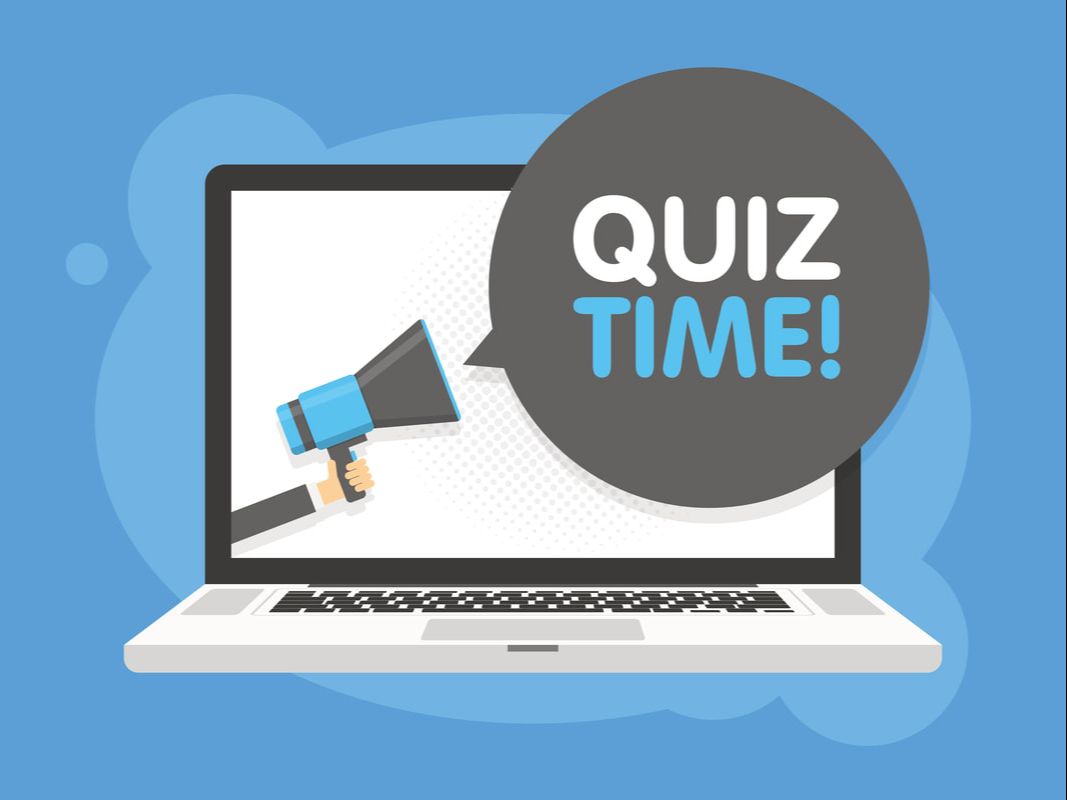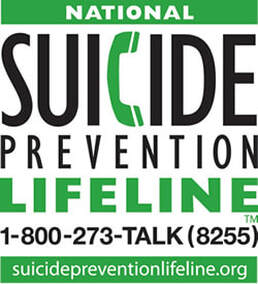|
Post-Traumatic Stress Disorder (PTSD)
....It’s not just for Soldiers It is now known that PTSD can develop after stressful, frightening, or prolonged traumatic events. These events have long been associated with wartime events but can now be linked to childhood trauma, inherited mental health risks and the way your brain regulates its response to stress. The symptoms can vary and include: • Intrusive memories (flashbacks) • Negative changes in your thinking or mood • Changes in your reactions to physical and emotional stimulus • Symptoms worsening over time Most people will recover from the intense feelings felt after trauma, some who continue to suffer may be diagnosed with PTSD. There is no cure for PTSD, but some people who receive the proper treatment will see their symptoms reduced and restore day to day functionality. Please be aware that while these links below may direct you to sites in which you can connect with providers, it is always best to seek out providers through the Beacon network to ensure coverage by calling Beacon at 855-748-3121. National Center for PTSD www.ptsd.va.gov "PTSD is a mental health problem that some people develop after experiencing or witnessing a life-threatening event, like combat, a natural disaster, a car accident, or sexual assault. It's normal to have upsetting memories, feel on edge, or have trouble sleeping after this type of event. If symptoms last more than a few months, it may be PTSD. The good news is that there are effective treatments." Learn More Mayo Clinic "Most people who go through traumatic events may have temporary difficulty adjusting and coping, but with time and good self-care, they usually get better. If the symptoms get worse, last for months or even years, and interfere with your day-to-day functioning, you may have PTSD. Getting effective treatment after PTSD symptoms develop can be critical to reduce symptoms and improve function." Symptoms & Causes Diagnosis & Treatment Post-traumatic Stress Disorder in Children "All children may experience very stressful events that affect how they think and feel. Most of the time, children recover quickly and well. However, sometimes children who experience severe stress, such as from an injury, from the death or threatened death of a close family member or friend, or from violence, will be affected long-term. The child could experience this trauma directly or could witness it happening to someone else. When children develop long term symptoms (longer than one month) from such stress, which are upsetting or interfere with their relationships and activities, they may be diagnosed with post-traumatic stress disorder (PTSD)." Learn More 12 Life-Impacting Symptoms Complex PTSD Survivors Endure "Complex trauma is still a relatively new field of psychology. Complex post-traumatic stress disorder (C-PTSD) results from enduring complex trauma.Complex trauma is ongoing or repeated interpersonal trauma, where the victim is traumatized in captivity, and where there is no perceived way to escape. Ongoing child abuse is captivity abuse because the child cannot escape. Domestic violence is another example. Forced prostitution/sex trafficking is another. Complex PTSD is a proposed disorder which is different to post-traumatic stress disorder. Many of the issues and symptoms endured by complex trauma survivors are outside of the list of symptoms within the (uncomplicated) PTSD diagnostic criterion. Complex PTSD does acknowledge and validate these added symptoms. The impact of complex trauma is very different to a one time or short-lived trauma. The effect of repeated/ongoing trauma – caused by people – changes the brain, and also changes the survivor at a core level. It changes the way survivors view the world, other people and themselves in profound ways." Click here for some of the symptoms and impact most felt by complex trauma survivors. |
Please always keep in mind that Local 28 MAP’s Counselors and Peers, as well as Beacon MAP, are always available to talk (Contact Info available HERE on the MAP Homepage).
Click above for a PTSD Quiz!
(Please be aware that while links provided along with the quiz may direct you to sites in which you can connect with providers, it is always best to seek out providers through the Beacon network to ensure coverage by calling Beacon at 855-748-3121.) |



